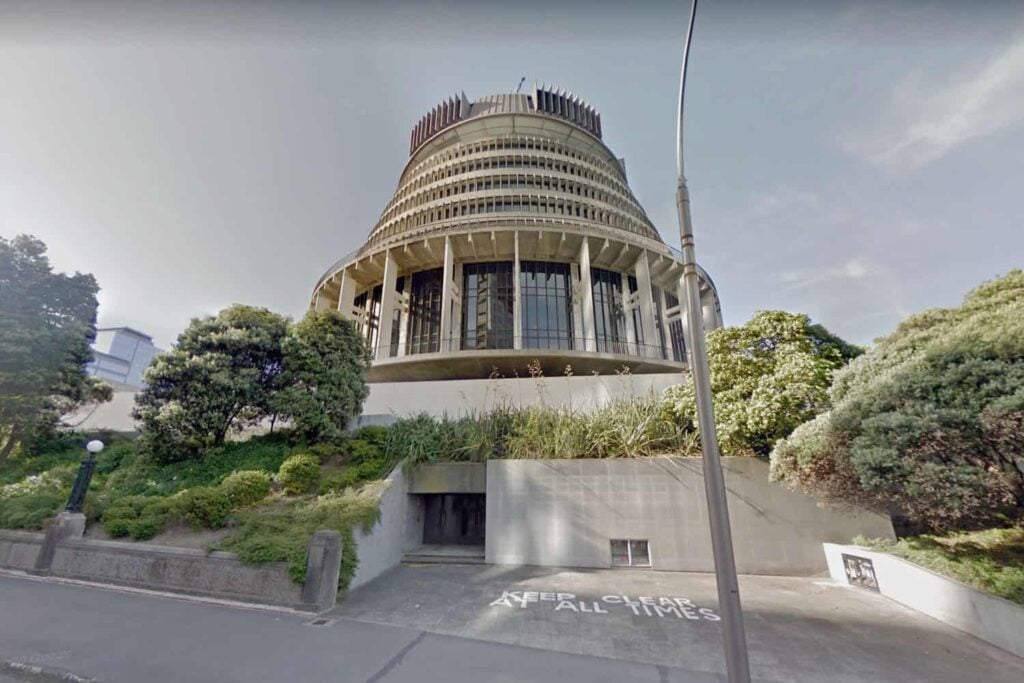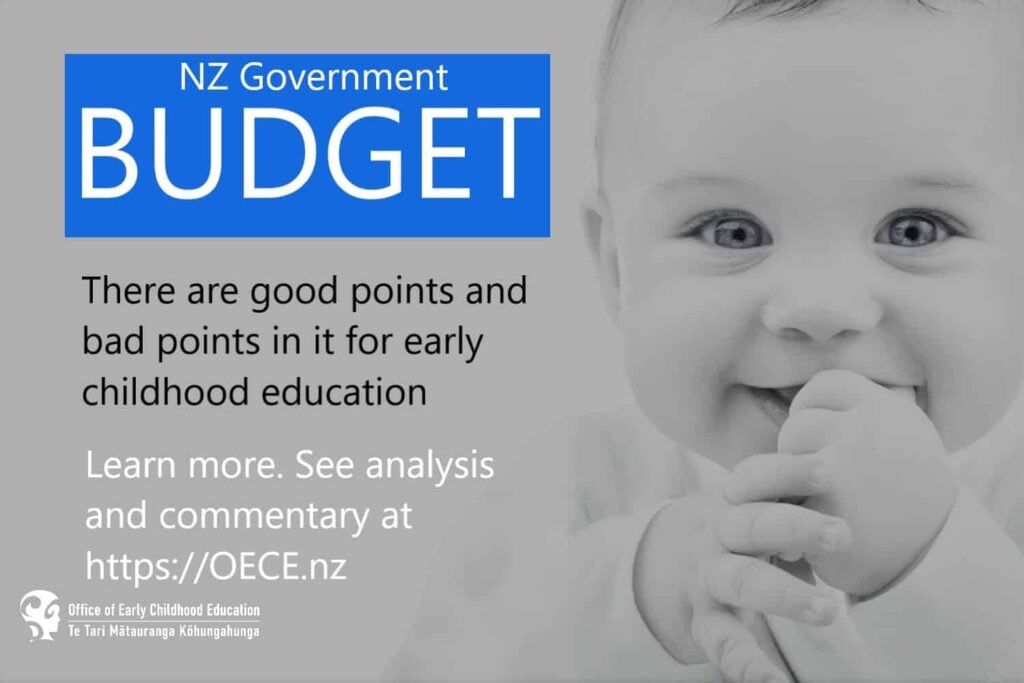Overseas Teachers.
January 6, 2020.
Updated 24 June 2020.
Before NZ’s border closed due to Covid-19, statistics show that the two national recruitment companies contracted to recruit the 300 overseas teachers by early January 2020 struggled to attract teachers overseas to work in NZ.
- $2.175 million of taxpayer money was allocated to place up to 300 overseas trained ECE teachers in NZ ECE services, including NZ returning teachers by 1 January 2020. But as at June 2020, a total of only 29 ECE teachers had been recruited with 16 placed in Auckland, 9 in Wellington, and 4 elsewhere in NZ.
- $900,000 was allocated for relocation support grants with a target of 300 grants. To date, a total of only 31 grants had been awarded. (Source Ministry of Education’s own ECAC minutes, 3 June 2020)
Minister sees bringing in overseas teachers as the solution

Overseas teachers are now officially favoured over local teachers. The policy intention is to dampen wage demands by local teachers to be paid as teachers, by funding the supply of foreign labour to NZ early childhood services.
In August 2019 the Early Childhood business Council and its lobbying partner the Montessori Association, along with NZ Kindergartens and Te Rito Maioha met with Education Minister Chris Hipkins to discuss staffing.
In response, Minister Hipkins announced a $4 million package to support teacher supply initiatives The package included targeted marketing campaign to attract people into ECE, recruitment campaign targeted at overseas trained ECE teachers interested in moving to New Zealand to teach in ECE, and relocation support grants for overseas trained teachers who secure employment in a New Zealand ECE service.
$2.175 million was allocated to place up to 300 overseas trained ECE teachers, including returning New Zealand trained ECE teachers
Randstad was contracted to place 150 of the 300 overseas qualified teachers in NZ early childhood centres by early January 2020.
Randstad consultant Abbie Johnston explained the process and costs in a letter sent to ECE service providers at the end of October:
“We have agreed to partner with the Ministry to help source overseas trained Early Childhood Teachers to start between now and early January 2020. The Overseas Early Childhood Teachers will also be offered a relocation package of $3000 with sponsorship (Visa) on offer.
“We will provide you with complete profiles and video interviews of multiple NZQA approved teachers. Our service cost is part of the funding covered by the Ministry. “
ChildForum chief executive Dr Sarah Alexander said that “overseas qualified teachers have always been welcomed and can be a wonderful asset to an early childhood service.”
But she questioned “how do we really know if those being recruited to meet a quota and deadline are the best people to have working in our early childhood services? And, how do we know that they are not being used to replace NZ teachers who find current wages and work conditions unacceptable?”.
“Paying a recruitment company to bring in foreign teachers is an endorsement by the Minister of Education of failure to address problems of low pay, bullying, and high rates of workplace injury resulting in ECE becoming a less and less attractive profession to work in,” said Dr Alexander.
Pre-school director Sue Gleeson believed that payment for overseas recruitment could have implications for the early childhood education workforce
“Recruitment is no longer a level playing field. Why are the subsidies for recruitment agencies only available to appoint overseas teachers?” she asked.
Sue Gleeson would like to see an emphasis first on retaining and appropriately remunerating local teachers.
“In our centre we pay our teachers as teachers, with parity.”
Dr Alexander said that some early childhood services are able to provide pay parity to their early childhood teachers. However, they are not funded at the kindergarten rate and therefore don’t get funding increases to help meet the costs of any increases to the unified base salary scale for trained teachers. This is unjust
“The key to recruiting and retaining quality teachers is respect and recognition of their training, skills and knowledge. All qualified and certificated teachers in ECE deserve to be paid as teachers and not have their kindness and love of their job and of children taken for granted”.
Many early childhood services agree with Dr Alexander. They would welcome funding parity with ‘free kindergartens’ to help them to meet the cost of paying their teachers on par with school teachers.
Further articles you may be interested in:
- An article by ex-pat kiwi ECE teacher Melissa Dol:
- A story on the ECC business lobby group’s push to make it easier to bring in foreign teachers








